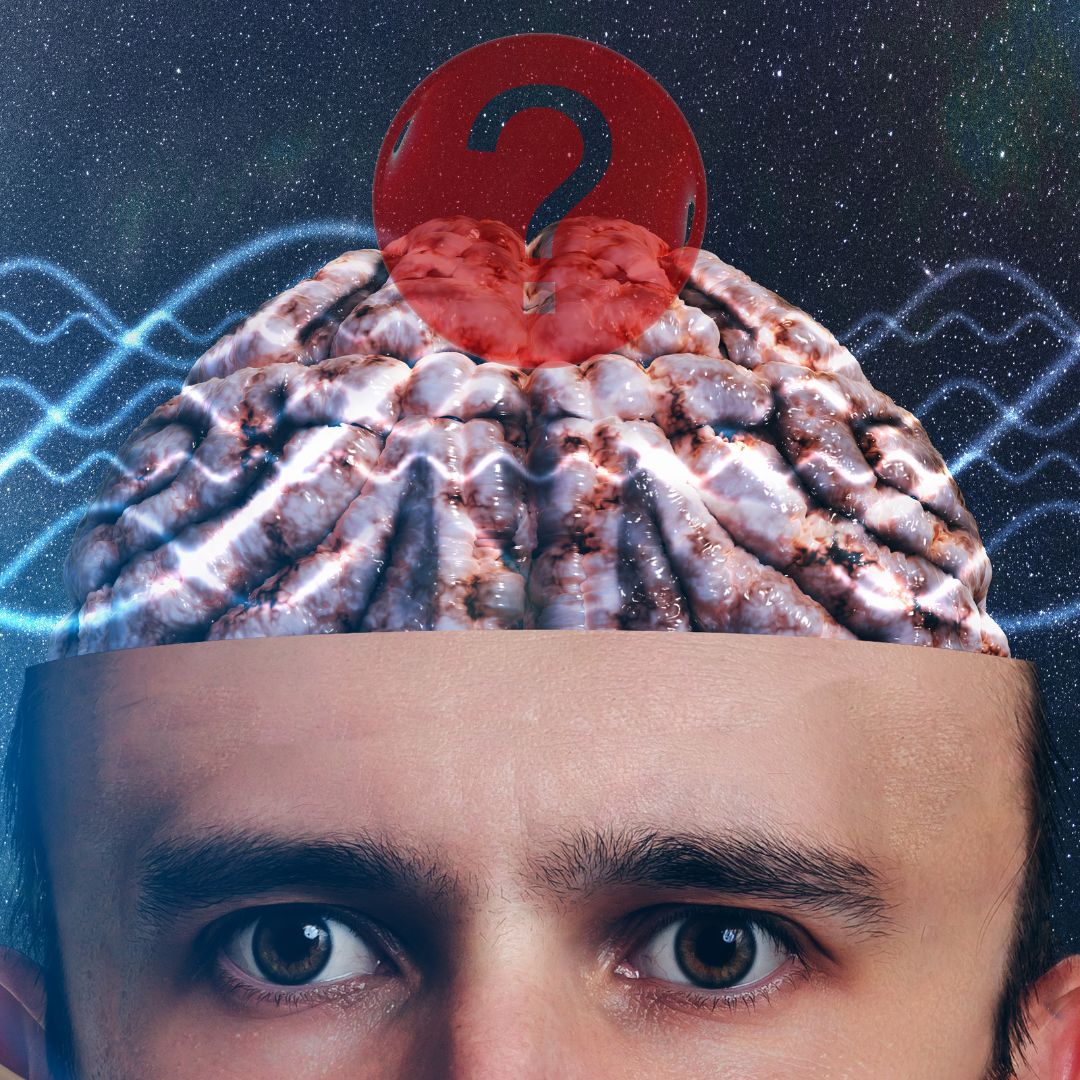With “How, what, when, and where,” we explore and navigate the world. Then there is the standout question: “Why?” It is a metaphysical question. Meta means beyond, and physical means matter. So, metaphysical means, “Beyond matter.” In the Bhagavad-gita Krishna names the material and spiritual energies:
Material: “Earth, water, fire, air, ether, mind, intelligence, and false ego—all together, these eight constitute My separated material energies.”
Spiritual: “Besides these, O mighty-armed Arjuna, there is another, superior energy of Mine, which comprises the living entities who are exploiting the resources of this material, inferior nature.”
“Why” questions investigate purpose, motive, and free will, which are beyond the mechanics of the physical world. They ask about our consciousness, which is metaphysical.
Some people doubt the need for these questions because they feel that the search for our spiritual selves or our relationship with the Supreme are futile. The late particle physicist Victor Stenger in his 2007 book God: The Failed Hypothesis, subtitled How Science Shows That God Does Not Exist, for example, dismisses the idea of a cosmic purpose or the need for a supreme entity.
Stenger and other atheists warn that belief in a transcendent reality is blind faith. And as Srila Prabhupada instructs, “Blind following and absurd inquiries—these things are condemned . . . Blind following means, ‘Oh, there is a swami. So many thousands of people are following. Let me become his disciple.’ This is called blind following. You do not know what is that swami, whether he is a swami or a rascal. You do not know. But because everyone is going, ‘Oh, let me become his disciple.’ This is blind following, without any knowledge.”
Along with the concept of blind faith or following, however, there is also its opposite—blind doubt. The bumper sticker “Question Authority” recommends that we not accept anything blindly, even (or maybe especially) if it comes from a position of “authority”—that we utilize doubt to uncover the truth. Srila Prabhupada writes, “Doubt is one of the important functions of intelligence; blind acceptance of something does not give evidence of intelligence” (Srimad-Bhagavatam 3.26.30, purport). Doubt is meant to bring us to a one-pointed focus on what is most valuable in life.
But one must also beware of blind doubt, the brother of blind faith. Those who doubt blindly are also faulty. Blind doubters rule things out when they seem unlikely because the subject is beyond their perceptual horizon. A boy looks at the horizon and declares it to be the world’s edge. The boy’s father explains that beyond the horizon are other continents not perceivable to the naked eye, but the boy doubles down on his opinion. The yoga teachings urge us to not double down on our doubts. As the bumper sticker also suggests, we should ask questions of those who can provide us with reliable answers.
So, we should have neither blind faith nor blind doubt. Be open to and reasonable about the possibility of discovering that which you cannot perceive with your limited senses.
Why should we remain open-minded? Logically, that which is infinite has the power to reveal itself to the finite. If you say that it cannot, then you’ve limited the infinite, which is a contradiction. While it is not possible to understand the infinite by finite means (empirical science), if the infinite wills to reveal itself to the finite, then it can be understood.
In the words of Srila Prabhupada, “All forms of incompleteness are experienced due to incomplete knowledge of the complete whole.” And the complete whole can give complete knowledge to its parts (us) because it has that power.
One of the ways we invite the infinite to reveal itself to us finite beings is by asking the right questions in the right mood. This is a universal, non-sectarian spiritual process, found, for instance, in the New Testament:
Ask and it will be given to you; seek and you will find; knock and the door will be opened to you. For everyone who asks receives; the one who seeks finds; and to the one who knocks, the door will be opened. (Matthew 7:7–8)
Want to learn more? Sign up to receive updates on my upcoming book, The Four Questions, here: www.thefourquestionsbook.com.
1
